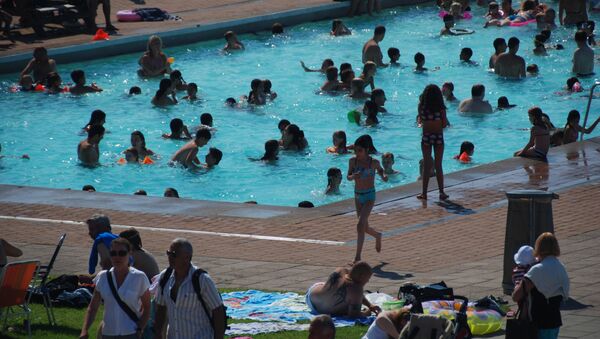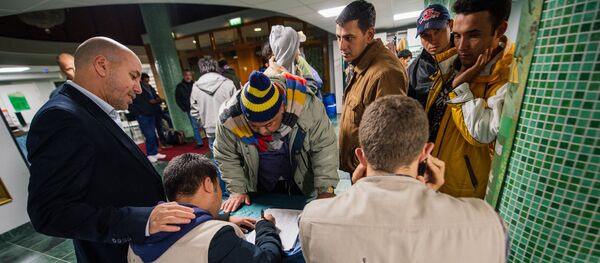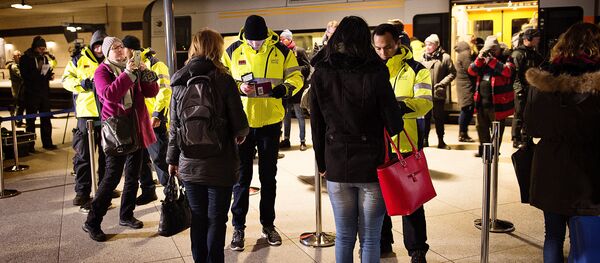In the past months, the issue of separate swimming hours has stirred a sizzling debate in Sweden. Some rebuke the move as regressive and morally repulsive, while others laud it as a sensible way to include the country's increasingly diverse population. On the face of it, the goal is to encourage women and girls to take up swimming, as females only account for 40 percent of swimming pool visitors, 10 percent short of parity.
However, there are many indicators that this noble quest has gone too far. Earlier this month, Sweden's Democracy Minister Alice Bah Kuhnke of the Green Party argued that gender-segregated swimming pools are "problematic" and lauded mixed-gender swimming as "a victory after many years and generations of the struggle for gender-equality," the tabloid newspaper Aftonbladet reported.
In Sweden's most multicultural city, Malmö, members of the local International Women's Association, dedicated many hours to fierce debates and arrived at the conclusion that gender-separated swimming is harmful.
"Men who are not comfortable being in the same swimming pool as women should not be there," Iva Parizkova Ryggeståhl said, as quoted by the Christian Science Monitor.
By contrast, supporters of gender-separated swimming hours, such as the Feminist Initiative party, maintain that Muslim women otherwise would never get a chance to swim.
"In Sweden, we do not want any children to drown. Here, you must be able to swim to get a passing mark in physical education. If you fail, it becomes difficult to enter high school," she said.
Bizarrely enough, women's swimming hours are a typical example of "reverse" discrimination against men, as men are banished from women's swimming hours, whereas women can swim when they please. Sweden's national discrimination ombudsman is now investigating whether women's swimming hours discriminate against men.
The total number of Swedish Muslims remains a matter of debate, as the given estimates range between 100,000 and 500,000 practicing worshippers in a country of almost 10 million. The reason is that registration by personal belief is illegal and regarded as "discriminatory." Regardless of which of the estimates is correct, Sweden's Muslim community is booming, as over 160.000 refugees from predominantly Islamic countries were taken in last year alone.






